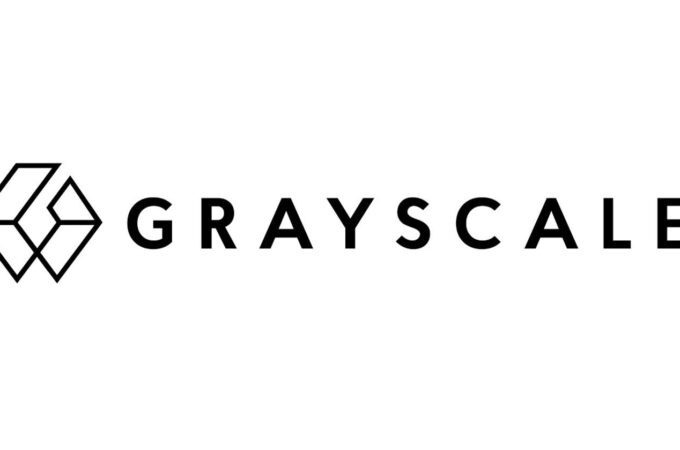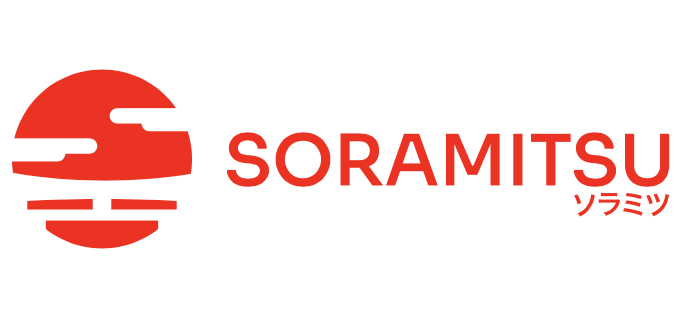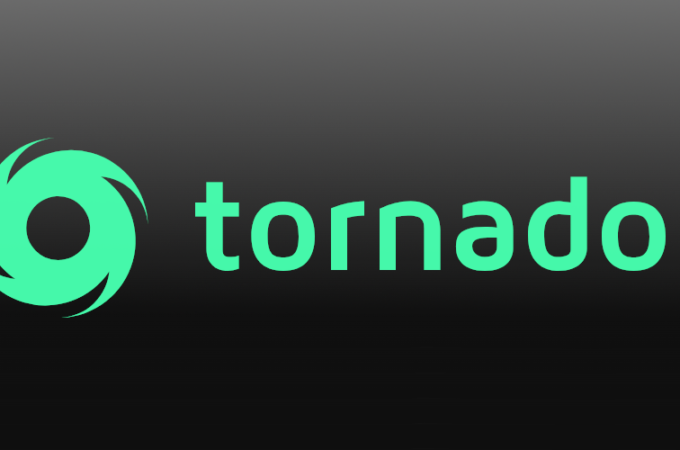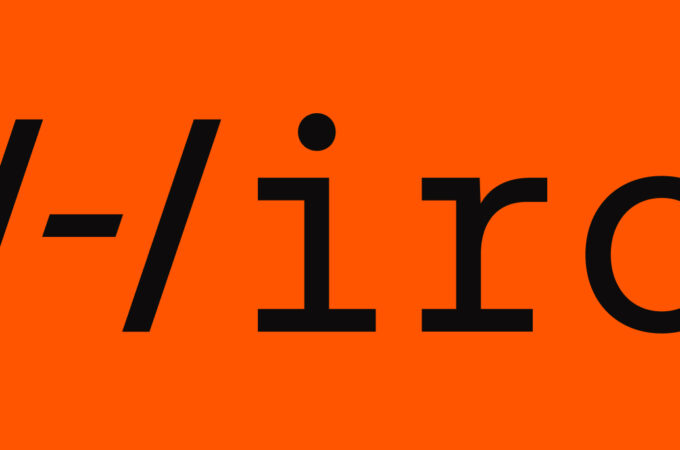
Using Blockchain for Provenance and Traceability in the Internet of Things
Blockchain is still a confusing term for many people. Many confuse it with Bitcoin. However, the two are distinctly different terms. Blockchain is the underlying technology for not only Bitcoin but also other cryptocurrencies like Ethereum. It is the new-age tech for building the applications of Web 3.
With the advent of blockchain, everything is becoming digital — from finances to real estate. Everything is shifting to get a digital presence and turn into the Internet of things.
Businesses and individuals worry about several factors as our lives increasingly move to the virtual, online world. The provenance and traceability of what we put online are major factors concerning everyone.
So, how does blockchain play a part in this? Will it also help us get the desired traceability and provenance besides being highly secure? Blockchain is the link we need to achieve traceability and provenance in the Internet of things. How? Read on!
What Is Blockchain and the Internet of Things?
Blockchain is a decentralized ledger that stores all information and data published on this platform. Once an entry is made into the network of blockchain, no one has the capability to change or alter the results.
Blockchain is a public ledger. Multiple sources verify the data stored in it, and everyone can access these data. Cryptocurrency is built on the blockchain network. Metaverse and NFTs are also built using the same platform.
IoT refers to physical objects with software, sensors, or some form of technology embedded into them to enable them to capture and exchange data with other connected devices through the internet. The internet of things apparently has no connection to blockchain from a common perspective.
Blockchain has previously been integrated with the Internet of things in industries like banking, finance, automotive, agriculture, and more, through smart contracts — the central feature of blockchain technology. However, some barriers have stopped the two technologies from merging.
Given that blockchain has a solid network and ledger which cannot be changed by mere interference, the data then of all times and all types is stored here without the entryway for change. Using blockchain with the Internet of things is highly possible to create a transparent system of provenance and traceability in the IoT.
What Are Traceability and Provenance?
What is the meaning of traceability and provenance in the Internet of things, and why are these concepts important in the online world today?
Traceability and provenance are two essential concepts in the business world today, especially as businesses become more digital and move towards online sales.
Supply Chain Traceability is the concept of tracing all the products’ movements throughout a supply chain as it passes through different steps. Food, pharmaceutical, agriculture, and more industries use traceability systems.
Provenance is about keeping track of an item or anything else as it existed in the digital or business world. It means that you should have all the documentary evidence needed to prove the legitimacy of that item or object if it is required later on.
Both of these concepts are extremely important in the business world, whether it exists online or offline. But they apply more to the digital world.
Importance of Provenance and Traceability
With more sophisticated business systems, customers are also becoming more aware. They have multiple choices of products now. People don’t just hop on to buy the product they see. They take their time, do their research, and then buy it.
A highly conscious consumer also demands that the businesses scale up to become more transparent, or else the business will be left behind while the consumer moves on to the next.
By enhancing traceability in a product, a company can offer several benefits to the customers. Traceability helps ensure the product is original and protects the company from counterfeits. Traceability of products also helps improve the quality, ensure operational efficiency, help the products meet compliance mandates, and, all these combined, increase customer satisfaction.
While the internet is a sophisticated place, there is no dearth incidents of forging products, stealing information, counterfeits, and other such instances. There is so much happening in the online world that businesses become victims of such circumstances.
If your business goes through such an issue with the products, provenance can be the saving grace. By tracking all the documentary evidence and online footprints of the origin and history of the object in question, you can be saved from wrongful accusations and frauds that have become prevalent in the past few years when hackers have gained more strength.
Provenance and traceability can help keep a business away from fraudulent activities that cost you several thousand dollars or more.
Blockchain and Internet of Things – the Sweet Spot
Blockchain technology has certain qualities that make it an almost essential part of the upcoming internet of things, and the internet of things is the present and the future. There’s no hiding from it. Most products now have software or a sensor to capture and exchange data.
The combination of these two technologies proves to be magnificent and can also provide several massive benefits for the customers and the company.
Blockchain is a distributed ledger with immutable and decentralized databases. Decentralization means there is no one central authority that has the right or capability to change, delete, add, or modify data in any way. Immutability refers to the phenomenon where once the data has been put into the database, it cannot be changed. Distributed ledger means that data is available for the entire public to view with complete details like timestamps and the owner’s name.
These three concepts make it impossible to change or manipulate the data in blockchain technology. IoT devices generate massive amounts of data which involves several parties in this business. As such, some major players seek to turn control in their favor and gain centralized control over the user data gathered through IoT devices.
This temper-proof quality of blockchain provides high security. It can be very beneficial for industries in terms of traceability and provenance.
How Can Blockchain Help with Traceability in IoT?
Food and agriculture are big industries that use IoT nowadays. Several issues need quick and intelligent decisions in these industries. These decisions should base on correct data, such as ensuring no food contamination in any sent-out batches.
By using blockchain technology for their IoT devices, they can ensure that there is a platform where all data from the devices is securely stored, and they can use these data as needed to make the correct decisions.
In a business, you have to prove the originality of your products or provide legal proof that you have the correct item, and others are fraudulent products in several instances. Blockchain can help you do that by keeping track of all the documented proof, history of the product, the origin, and more such information to ensure provenance for your business.
Since no authority can tamper with the data on the blockchain network, your business and your product data and information are safe, and you can use them whenever the need arises.
Moreover, as data cannot be modified in the blockchain, all that is stored will remain there forever. It gives your business traceability. In case of an issue with contamination, you can easily check the network to check the food quality.
IoT devices can use blockchain to make sure they can trace the products in a supply chain. You can enter information about the products’ whereabouts on the blockchain network. It is variable for anyone to see so the entire team can keep track of the inventory and coordinate decisions. Other industries can use the blockchain network for traceability similarly to enhance quality.
Key Takeaways
Using blockchain technology for traceability and provenance in IoT can take the industry to another level of efficiency and quality. The blockchain will help you keep track of your product’s ingredients and the manufacturing process because nobody can change your data. It will increase the quality of your products.
Blockchain helps in provenance by securing all the data ever entered on the platform. Once you put your business’s data in a blockchain network, it can’t be modified. The blockchain will ensure that all your documents, tracks, important information, and other essential stuff are secure on the blockchain, and you can check it out anytime you want.
Businesses will certainly boost to a high degree by combining two of the best technologies available today. Blockchain and IoT are the technologies of the future!





